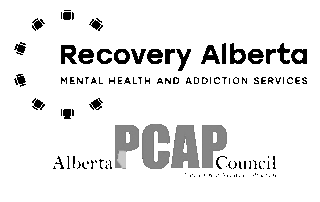
CanFASD recently released a new issue paper titled, The Prevalence of Alcohol Use During Pregnancy in Canada. Below is a short summary. You can find the full issue paper here.
Issue
Researchers have identified alcohol use during pregnancy as a significant public health concern. It is associated with adverse fetal development and increases the likelihood of several complications during pregnancy. These include miscarriage, stillbirth, low birth weight, and preterm birth. It may also result in FASD.
Alcohol is a widely used and socially accepted substance among women of reproductive age. Despite ongoing efforts to address alcohol use during pregnancy, it is estimated 10% of women globally consume alcohol during pregnancy. The highest rates of alcohol use being reported in nations with longstanding and ingrained cultures of alcohol use.
The purpose of this issue paper is to:
- describe what is known about the prevalence of alcohol use during pregnancy
- identify risk factors associated with alcohol consumption during the prenatal period
- provide research, policy, and practice recommendations.
Where possible, this issue paper will emphasize what is known in the Canadian context.
Background
In 2019, 30.5% of Canadian women of reproductive age reported weekly alcohol use, with 18.5% reporting heavy alcohol consumption (i.e., consuming four or more drinks on one occasion). The highest rates of heavy alcohol consumption were reported among women aged 20-29 years. Given the significant proportion of unplanned pregnancies around the world, which has been reported to be 42% and is estimated to be as high as 65%, pre-pregnancy alcohol use is important to consider as alcohol use may continue at similar levels before pregnancy recognition.
Take Home Message
In Canada, numerous social and structural factors have been associated with alcohol use during pregnancy, such as stigma, misinformation regarding safe levels of alcohol consumption, the normalization of alcohol use, and using alcohol to cope with trauma and other stressors. Despite understanding factors that contribute to alcohol use during pregnancy, there remains limited accurate and reliable information of the prevalence of prenatal alcohol use, including in Canada.
The findings of this issue paper demonstrate the need for uptake of policy, practice, and research recommendations, such as the multi-pronged implementation of Canada’s Guidance on Alcohol and Health. Further, increasing the adoption of non-stigmatizing and non-judgmental support for pregnant and postpartum people to comfortably discuss and ask questions about alcohol use by trusted health and social service providers can help further support future FASD prevention efforts.
For more information, including recommendations, please read the full issue paper here.











